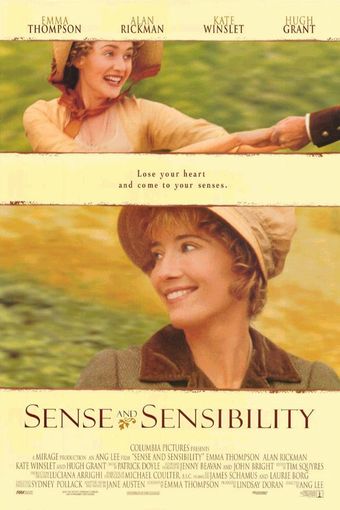Lately, I've been reading the Percy Jackson and the Olympians series, and they are enjoyable and addicting--like Harry Potter or Twilight. There are 5 books in the series and I just started book 4. It tells the story of what the gods would be like in our time living in America. I can see the appeal for middle school children, especially boys.
The series is about a boy named Percy (short for Perseus) Jackson who, at the age of 11, finds out he is a half-blood (demigod or "hero"), and his father is Poseidon from "the big three" (Zeus, Poseidon, and Hades). There is a prophecy that a child of "the big three" will rise up against Mount Olympus. Percy goes on lots of adventures receiving help from some gods (Poseidon, Aphrodite, Athena), and making enemies of others (Ares).
Each book begins with Percy being thrown out of school because he has to battle some monster from Greek mythology (#1 a fury, #2 laistrygonians, #3 a manticore, and #4 empousai) and then heads for Camp Half-Blood to get some training and receive an oracle for his next big adventure. (Oracles and prophesies are constantly misconstrued because the language is obscure and can be interpreted in different ways, and if interpreted wrongly it will cause peril, but no matter what you do to prevent the oracle from happening they always do--Oedipus, Macbeth, Voldemort, etc.) Percy's short-term goals are returning Zeus' lightning bolt (#1), rescuing his goat friend Grover (#2), saving Artemis and his friend Annabeth from the "Titans Curse" of holding up the sky (#3), and I haven't gotten into #4 yet but I'm guessing it probably has something to do with a minotaur and a labyrinth. Long term his goals are to stop Lord Kronos, Zeus' dad, from overthrowing Zeus.
Like I said, I can see the appeal this book has on boys there is something happening from the first chapter, and his troubles don't stop, he runs into monsters and gods from Greek mythology until he accomplishes the oracle. It is a great way to introduce young students to mythology; Percy's stories familiarize the students with characters from his world like "Auntie Em's" (Medusa) who sells garden statues that she has created, or how a witch named Circe who turns men into guinea pigs, or discovers how manipulative the Titan Atlas is. When kids read the actual Greek myths they already know who the gods and monsters are and what they are capable of doing. The series is a nice escape for adults as well, especially after reading Dostoyevski's Crime and Punishment.
*Image courtesy of ambookgeek's blog: http://ambookgeek.vox.com/library/book/6a00d4141e3bba3c7f0110169cf6f5860d.html

